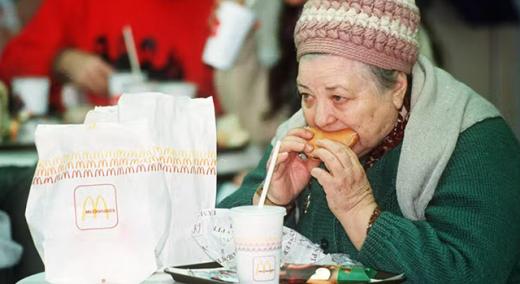Francis Fukuyama, the U.S. political scientist who once described the collapse of the Soviet Union as the “end of history,” suggested that Russia’s invasion of Ukraine might be called “the end of the end of history.” He meant that Vladimir Putin’s aggression signals a rollback of the ideals of a free Europe that emerged after 1991. Some observers suggest it may kick off a new cold war, with an iron curtain separating the West from Russia.
|
ADVERTISEMENT |
As an expert in global supply chains, I think the war portends something else: the end of the global supply chains that Western companies began to build after the Berlin Wall fell more than three decades ago.
…

Add new comment